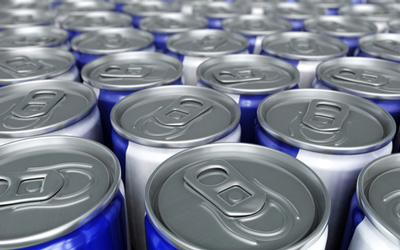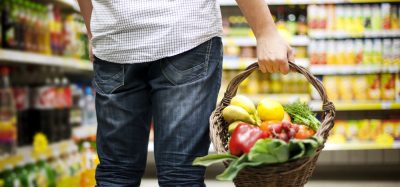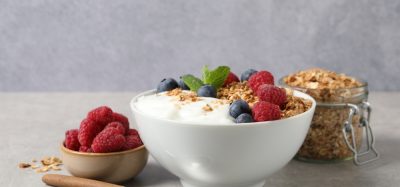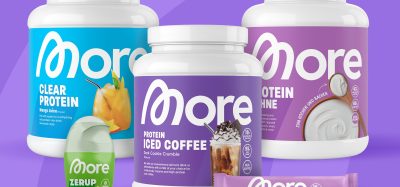MEPs veto energy drink “alertness” and “concentration” claims
- Like
- Digg
- Del
- Tumblr
- VKontakte
- Buffer
- Love This
- Odnoklassniki
- Meneame
- Blogger
- Amazon
- Yahoo Mail
- Gmail
- AOL
- Newsvine
- HackerNews
- Evernote
- MySpace
- Mail.ru
- Viadeo
- Line
- Comments
- Yummly
- SMS
- Viber
- Telegram
- Subscribe
- Skype
- Facebook Messenger
- Kakao
- LiveJournal
- Yammer
- Edgar
- Fintel
- Mix
- Instapaper
- Copy Link
Posted: 12 July 2016 | Victoria White, Digital Content Producer | No comments yet
The European Parliament has vetoed plans put forward by to allow “alertness” and “concentration” claims to be put on energy drinks…


The European Parliament has vetoed plans put forward by the EU Commission to allow “alertness” and “concentration” claims to be put on sugary drinks and energy drinks that contain a caffeine boost.


In their resolution, MEPs said displaying these claims on drinks cans would have led to higher sugar consumption among adolescents, who are the largest group of energy drink consumers.
“From statistics we know that many young people and even children are drinking a lot of these energy drinks”, said lead MEP Christel Schaldemose. “So it’s not just the caffeine, it’s also that energy drinks contain a lot of sugar too. And we don’t think that these sorts of drinks should have any kind of health claims put on them.”
“We’re not going to say that adults should not drink coffee or energy drinks. We just don’t want to [help companies] to earn a lot of money on a health claim that we think is not suited for young kids,” she added.
Adolescents regularly consume energy drinks
In their resolution, MEPs note that the Commission itself says that claims that caffeine helps to increase alertness and concentration should not be used for foods targeting children and adolescents. They also point out that adolescents are the largest group of energy drink consumers, citing studies showing that 68% of adolescents and 18% of children regularly consume energy drinks.
A 250ml can of energy drink can contain up to 27g of sugar and 80mg of caffeine, say MEPs, noting that energy drinks have been linked to headaches, sleep problems and behavioural problems in children and adolescents who regularly consume them regularly.
MEPs also called upon the member states to consider the introduction of rules on the marketing of beverages with high caffeine content, and of foods with added caffeine, to children and adolescents.









